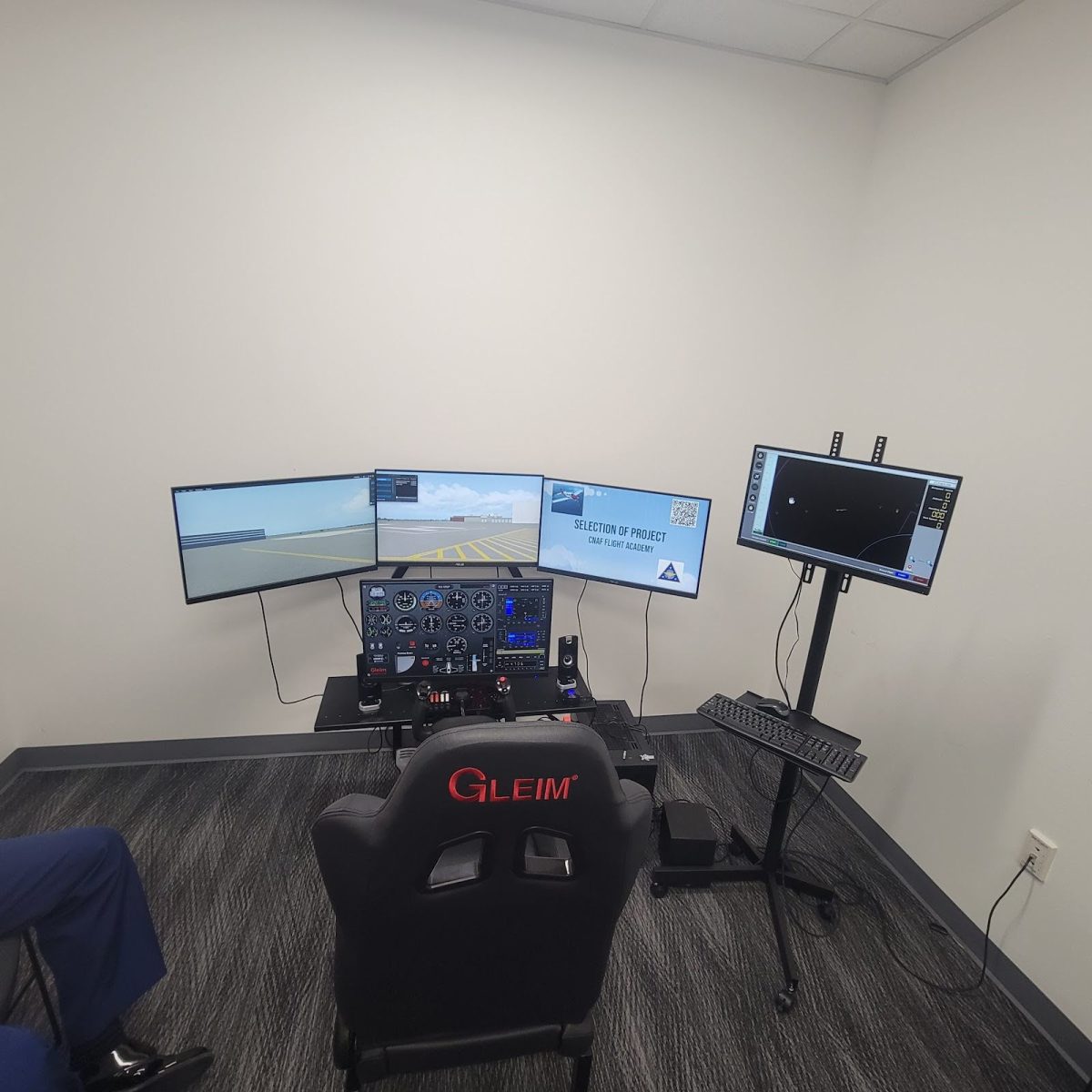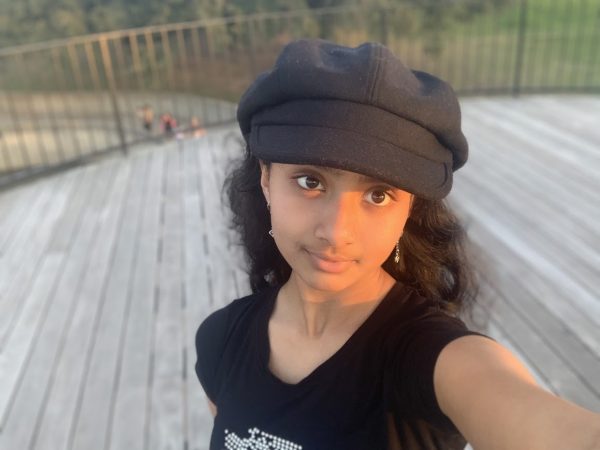Allen High School offers a multitude of different courses to students. The International Baccalaureate Diploma Program (IBDP) is an option that may be unfamiliar to students.
“The program is a two-year commitment [for juniors and seniors], to prepare students for the current challenges in the world with an open-minded approach,” Advanced Academics Coordinator Jose Salas said.
The IBDP is on a 5.0 GPA weight, just like AP. However, there are fundamental differences that may attract a student to one program or the other. One factor students might want to consider is the small class sizes IB offers.
“With bigger classes, it’s so hard to kind of share your thoughts because obviously there’s not enough time for everyone to do it,” IB senior Maelin Fan said. “It feels less personal than my smaller classes.”
Since class sizes can range from 1-20, students often form tight-knit friendships.
“IB, to me, means community, family, [a] support system.” AP and IB Higher Level (HL) biology teacher and former IB student Lindsey Lauer said.
Through these bonds, IB students can rely on each other because they understand what one person is going through.
“Yeah, IB is hard, but you have 30-40 other people who are taking the same classes as you that can also understand the struggle,” AP and IB psychology teacher Amy Gumpf said. “Maybe [IB students] know less people, but [their] connections are so much stronger than they would be if I just knew them in AP, and [if] I had one class with them.”
To join the IBDP, students must meet a set of mandatory requirements. People willing to adhere to the program’s standards are met with other like-minded students.
“The biggest thing about IB is the community and the kind of people that I get to meet in IB. It attracts people with certain values that I value and there’s a shared passion for learning and trying new things,” Fan said.
Another thing students should keep in mind is the structure and curriculum of each program. AP is very structured and works well with students who want a fast overview of the subject.
“AP is great in the sense that you get to learn a lot of really cool material fast,” Lauer said. “So it covers more material over time but with less detail.”
IB on the other hand, prioritizes depth within a subject rather than breadth.
“[In] IB history, we cover fewer things in much greater complexity. I believe more depth [is more important than breadth] because students have more time to process and understand the deeper nuances and contexts and perspectives of history,” IB History of the Americas and Theory of Knowledge (TOK) teacher Matthew Scanlan said.
Learning styles must also be considered when making a decision on which course to select.
“[IB has] more of a college style where you maybe take notes beforehand, but the teacher spends a lot of time lecturing,” Fan said. “I found with IB, I spend less time doing homework because I’m able to retain so much in class, and also I found that AP classes are a lot more memorization-based, but IB classes really prioritize knowing and understanding the content, and so I find it a lot easier to perform well on tests because I don’t have to rely just on my memory.”
While students can specialize in just a couple subjects and focus on only those in AP, IB prioritizes creating a well-rounded student.
“It’s not just about the academics, [students] must bring in what are called CAS hours, Creativity, Action, and Service, they have a project that they do that is not academic, often community involvement,” Lauer said.
Another benefit is that IB students must write an extended essay, which gives them the experience of writing a college-level thesis.
”Writing a 4,000-word argument requires a tremendous amount of research skills that really we as schools don’t teach nearly as much as either we did in the past or if we should in my opinion,” Scanlan said.
“[When] I went to college on my scholarship, I was required to write a thesis for my undergrad,” Lauer said. “So because I had experienced that in high school through IB, it was a much easier experience for me to have to do it again for my undergrad.”
IB classes are also much more interested in making sure you understand the conceptual rather than just procedural.
”So you not only need to know what you’re doing, you need to know why you’re doing that.” AP calculus and IB math SL Teacher Stephanie Foster-Burnham said.
Students also take a required class called Theory of Knowledge, which explores the nature of knowledge and how one knows what they know.
“[TOK] forces [students] to think about different perspectives,” Scanlan said. “They are more thinking about not the actual facts but why there are certain facts and why we know certain things to be true or believe to be true.”
IB also places a high emphasis on the relationships between academic subjects. It also focuses on how what they study affects the world or what implications it has on ethical issues.
“I think in some ways it gives you a better, interconnected understanding of your content areas,” Foster-Burnham said.
Recently, IB psychology went to the IB Biology classes when they were dissecting brains.
“We don’t get to do that in a classroom but to be able to go into a lab setting and see how that overlaps was a really cool experience for the students,” Gumpf said.
Many events and experiences are exclusive to the IB curriculum and community.
“We had a chemistry internal assessment, and we had this one day where we all came in to work on our labs,” Fan said. “It was fun, we ordered food, and we had a lot of community and bonding that we wouldn’t be able to do outside of IB.”
Ultimately, choosing a program comes down to what a student is looking for and prioritizes.
“I think there are some kids in some of the APUSH classes who think that APUSH is a better fit for them,” Scanlan said. “l but I think some students would naturally fit [IB] better because they would appreciate the depth.”









